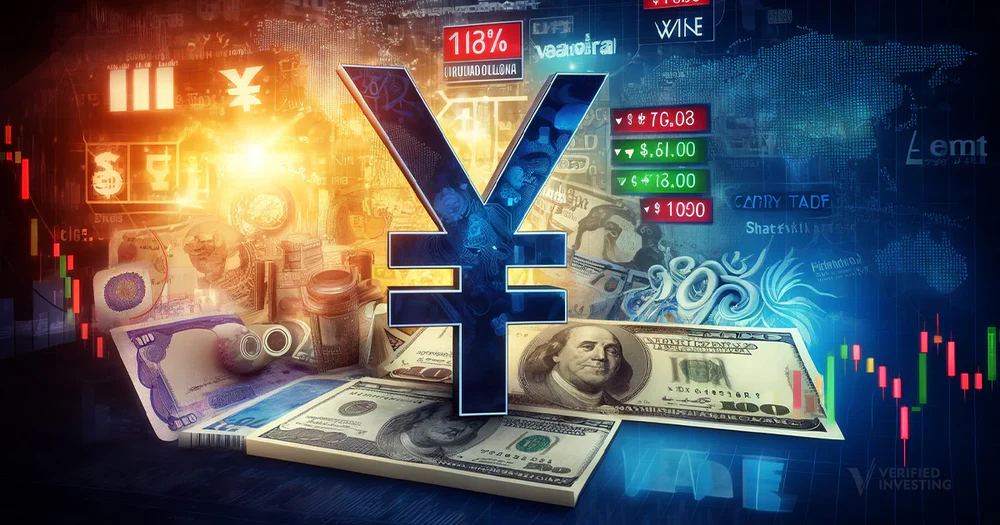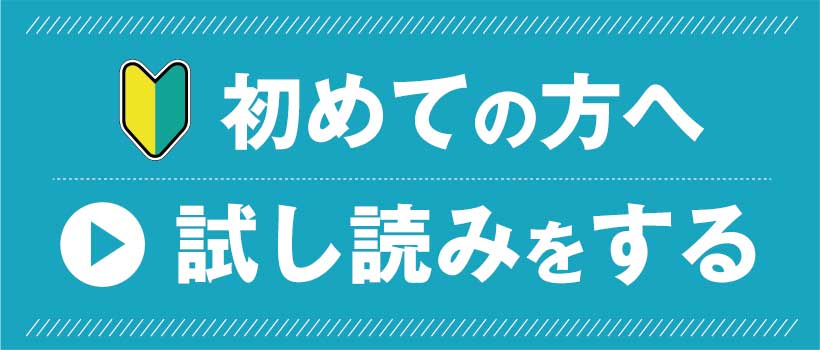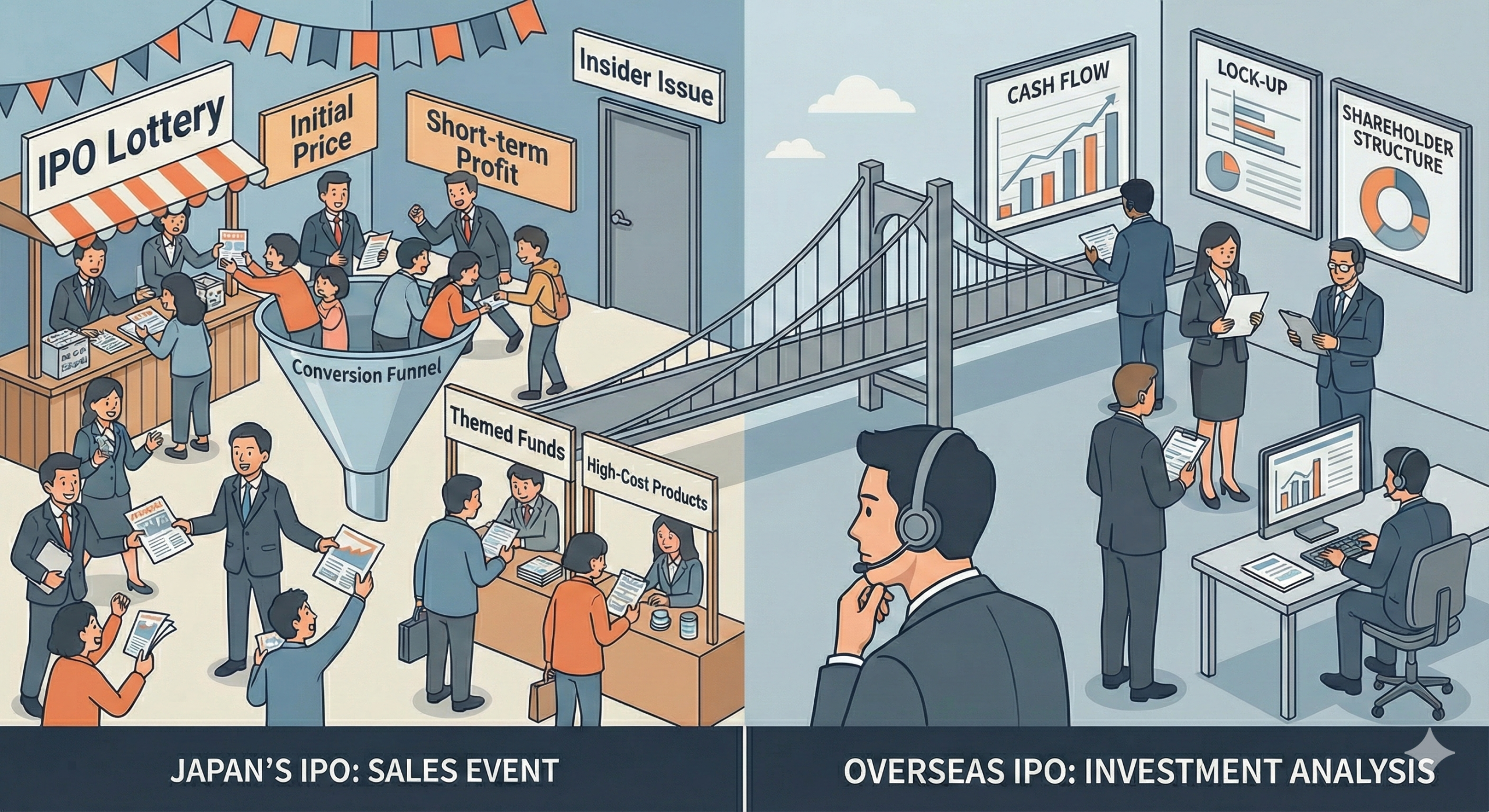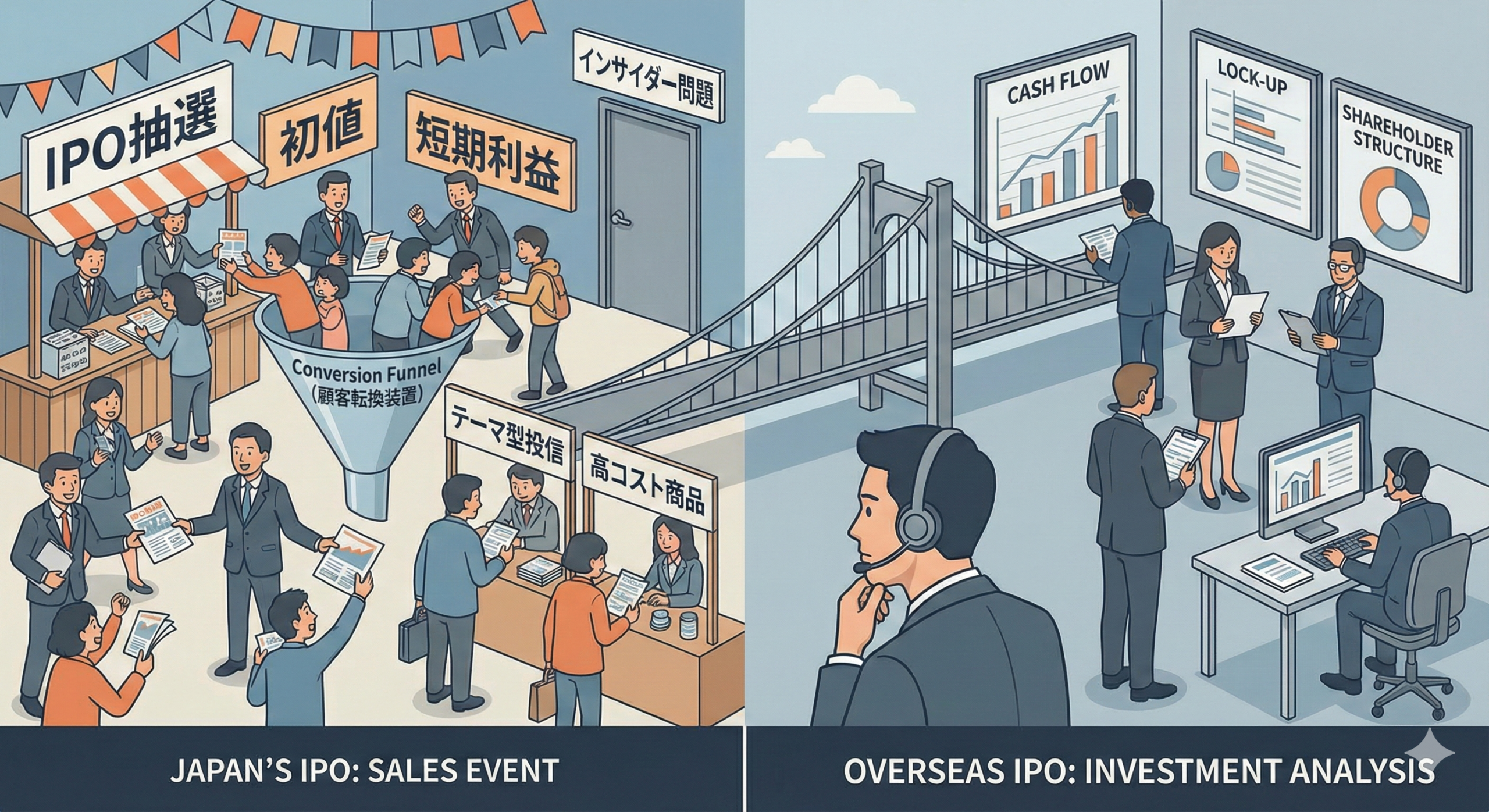Last Friday, Bank of Japan (BOJ) Governor Kazuo Ueda reaffirmed in the Diet that their “basic stance of adjusting the degree of monetary easing remains unchanged.” Meanwhile, Federal Reserve Chair Jerome Powell hinted at a potential rate cut during his Jackson Hole symposium speech, prompting the USD/JPY to correct to 143 yen.
In light of these developments, the Nikkei newspaper—which had long blamed hedge funds‘ “yen carry trades” for the weak yen—is now changing its tune.

On August 23, Nikkei published an interview titled “Yen Carry Not the Culprit for Stock Market Decline, Says Hoshino of Citi Global Markets.”
The article quoted: “Typically, yen carry involves selling yen and buying dollars to profit from the Japan–US short-term interest rate gap. Few foreign investors borrow in yen, convert to dollars, and make long-term investments in stocks or other assets.“
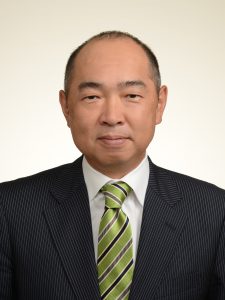
Further, on August 26, Nikkei released an article titled “Yen Exchange Rate Surges to 143 Yen Range, Yen Carry Mindset Suppressed.” It stated, “While the market still clings to ‘yen carry trades’—selling yen to buy high-interest currencies like the dollar based on the absolute Japan–US interest rate difference—some foreign speculators are actively buying yen to curb this mindset.”
(Curiously, these “foreign speculators,” once vilified by Nikkei as yen carry masterminds, have suddenly become the “suppressors.”)
Despite Nikkei still “clinging to” the yen carry narrative, there’s no evidence of foreign investors “using low-interest borrowed yen to invest in high-interest dollar assets,” as I’ve previously noted.
